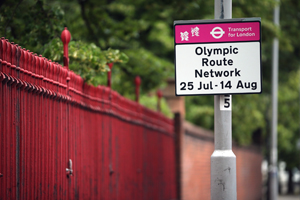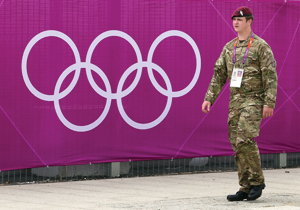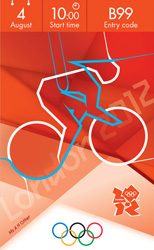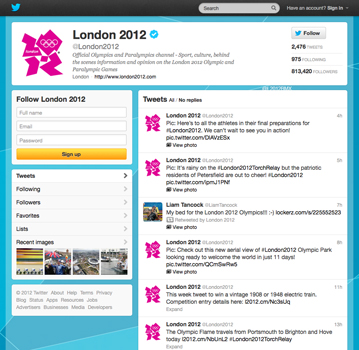The tempest over tickets
It’s hard to say what came first: the sale of a ticket to the Olympics, or criticism of the sales process. The two have gone hand-in-hand since LOCOG announced the date it would put tickets on sale in 2011. Criticisms have ranged from the cost of tickets, to the lack of transparency about the sales process, to the scarcity of tickets to the British public. LOCOG didn’t help matters by setting up their system to reject Visa cards that expired in the summer of 2011. The British press has covered the process incessantly and uncovered this month that CoSport (a subsidiary of Jet Set Sports) had sold tickets to the public that had been reserved for sponsors, which has led to an International Olympic Committee investigation.
Loving it live: NBC to live stream all events
After years of tape-delaying the highest profile sports events for prime time, NBC is changing its approach. NBCOlympics.com will live stream every event for the first time, offering more than 3,500 hours of programming. Users who want to watch video on their phone or tablet through NBC’s new app, NBC Olympics Live Extra, will have to first show they get MSNBC, CNBC and other NBC Universal channels from a cable, satellite or telecommunications company. The industry has been slow to develop an authentication model that works, and the sports media industry is counting on a big event like the Olympics to help the public get used to the process.
Avoiding a traffic jam
 |
| Photo by: Getty Images |
There’s a scene in BBC’s mockumentary “Twenty Twelve” about organizing the London Games in which the head of infrastructure is seated in front of a city map explaining the importance of managing traffic flows during the Games. “You get this right, no one’s going to notice,” he says. “You get this wrong …” “Everyone notices,” someone interjects. “Well, first they notice, yeah,” the head of infrastructure says. “And then they die.” Londoners already complain about the city’s congestion. The Olympics and its 9 million spectators will only make matters worse. Spectators are being encouraged to use the city’s Underground, and LOCOG has set up a special site to assist them with making transportation plans so they can get to events on time.
Coping with controversy
Sponsors spend a great deal of time developing marketing plans for the Olympics, and now that the event has arrived, many will have to get aggressive with their public relations in order to protect that investment. Dow certainly will face questions and protests again about its links to the company behind an Indian manufacturing disaster that killed more than 2,200 people in 1984. Coca-Cola and McDonald’s will face similar scrutiny over the dissonance between their support of the world’s biggest athletic event and their contributions to global obesity. And Ralph Lauren will continue to hear about the company’s decision to outfit Team USA in opening ceremony apparel manufactured in China.
Soaring with social
This is being hailed as the first true, social media Olympics. The last time the world gathered to celebrate a Summer Games, Facebook had 100 million users and Twitter was a startup. Today, Facebook claims more than 900 million users and Twitter boasts more than 500 million. Their massive growth has led brand marketers, TV rights holders, athlete representatives, Olympic officials and journalists to all develop social media plans for the London Games. It also will change how the world consumes the Olympics and follows events from London over the next three weeks.
Preserving the peace
 |
| Photo by: Getty Images |
Organization of the London Games appeared to be moving smoothly until reports surfaced that G4S, the contractor hired to provide security, failed to hire enough civilian guards for the Games and many of those it had hired fell asleep during training and failed to spot fake bombs in an X-ray machine. It’s ignited major concern about security ahead of an Olympics that British officials and London organizers want to be sure isn’t marred by terrorism. Police have conducted counterterrorism sweeps in recent weeks, arresting more than a dozen people, and organizers are determined the London Games aren’t remembered for violence alongside the 1972 Munich Games and 1996 Atlanta Games.







